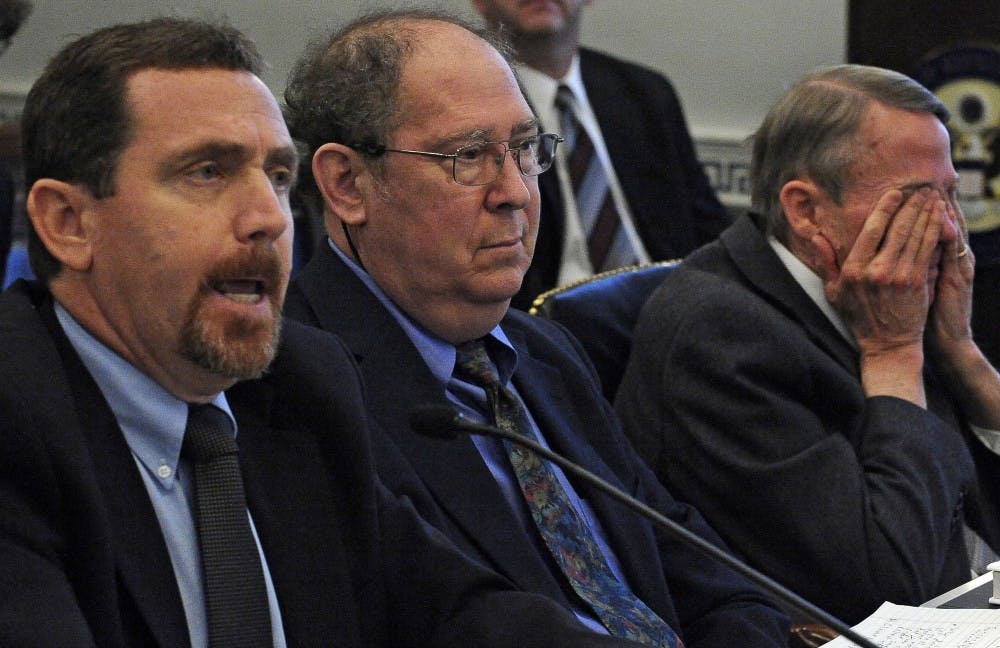A crucial development in the U.S. National Security Council went barely noticed this past September when Trump appointed a new member: retired Princeton physicist William Happer.
Happer is now spearheading a proposal to establish a White House committee to review the relationship between climate change and national security.
If you’re wondering what landed Happer a seat on the White House’s top foreign policy decision-making body, it probably wasn’t his influential work on optically polarized atoms.
More likely, Happer landed the role through his consistent denial of mainstream climate science. Though he lacks formal education in climate science, he has spent much of his later career making the highly unusual argument that increasing carbon dioxide levels will only benefit the world, not harm it.
That fringe view almost puts Happer in a category of his own. Many opponents of climate regulations have shifted their tactics in recent years from denying climate change exists to saying that while it is a real concern, its pace and likely effects have been greatly exaggerated by the scientific community.
Happer, though, believes in climate change and argues it is a good thing.
Happer has been widely criticized for outrageous remarks he has made in defense of carbon dioxide. He has compared mainstream climate science to Nazism on multiple occasions, saying in 2014, “The demonization of carbon dioxide is like the demonization of the poor Jews under Hitler.”
Documents describing Happer’s proposal to create a committee investigating the link between climate change were obtained by the Washington Post last week.
As those documents acknowledge, multiple agencies in the Trump administration have warned climate change is a national security threat. The most recent National Climate Assessment, produced for Congress every five years by an array of government agencies, and the 2019 Worldwide Threat Assessment of the U.S. Intelligence Community both contained such warnings.
The obvious goal of Happer's proposed committee is to undermine that consensus. The documents obtained by the Post use the phrase “adversarial scientific peer review” to describe the examination of other government climate reports that needs to be undertaken.
An adversarial peer review has the goal of disproving or casting doubt on previous conclusions, unlike critical peer review, which has the goal of neutrally examining them without a specific agenda.
Climate change is an important topic for the White House to be studying, including its aspects that affect national security. But Happer’s involvement would inevitably turn such a committee into a wasteful, deceitful propaganda tool.
Other historical phenomena comparable to mainstream climate science, according to Happer, are Stalin’s Great Terror, 17th century witch hunts, the white supremacist eugenics movement of the 20th century and the killing of “infidels” by the Islamic State.
Should the White House elect to form this proposed committee, its findings should be treated with the same skepticism Happer has for the scientific consensus on climate change produced through decades of rigorous peer-reviewed research.






